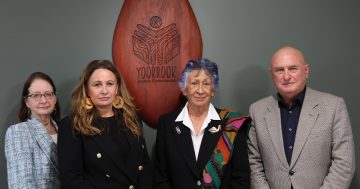 Pandemic arrangements allowing for the remote witnessing of important legal documents are to become a permanent feature of the NSW legal landscape following new legislation cementing them into law.
Pandemic arrangements allowing for the remote witnessing of important legal documents are to become a permanent feature of the NSW legal landscape following new legislation cementing them into law.
Attorney General, Mark Speakman said the Electronic Transactions Amendment (Remote Witnessing) Bill 2021 would allow the remote witness of documents such as wills, statutory declarations and affidavits in real time over an audio-visual link.
“Government introduced the remote witnessing scheme in response to the COVID-19 pandemic to help keep the wheels of commerce moving and allow people to manage personal legal arrangements safely,” Mr Speakman said.
“After a successful trial period of 18 months, we’re pleased to be extending these effective and secure provisions to make life easier for people in the future,” he said.
“For an additional 12 months, the list of people who can witness NSW statutory declarations will also be extended to the expanded list of witnesses permitted to do so by the relevant Commonwealth legislation.”
Mr Speakman said many people who had used remote witnessing for personal, business and legal documents found it convenient and efficient and that it saved both time and money.
The Attorney General said safeguards were in place designed to address the risk of fraud.
“For example, signing must be witnessed in real time and the witness must be reasonably satisfied they’re signing the same document or an exact copy,” he said.
“The witness must also endorse the document with a statement that they have complied with these requirements and specify the method used to witness the signature.”
Mr Speakman said traditional methods of signing and witnessing documents would remain available.
He said people outside of NSW may also use the remote witnessing provisions for documents required to be signed under or governed by NSW law, “which will assist with ongoing disruption to physical movement caused by the COVID-19 pandemic”.











